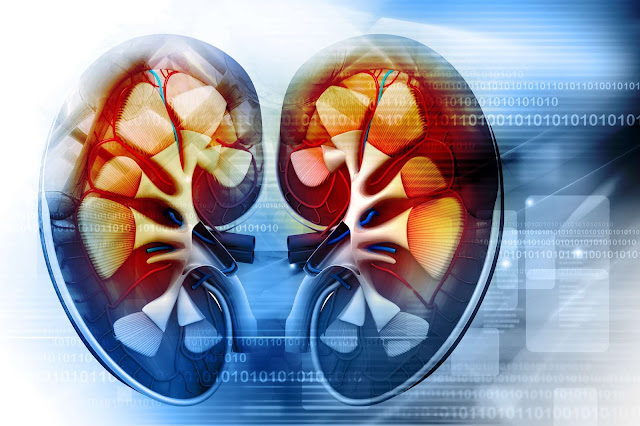What makes kidney stone pain so painful? For some people, it's a minor inconvenience but for others, the pain can be excruciating. To understand why it's so painful, you have to understand how these tiny stones are affecting your body.
Why Some People Deal With Stones Without Any Issues
Some people who have the condition do not have to deal with much kidney stone pain. If their doctor finds that they're dealing with stones, they are usually given a diet change and instructed to drink a lot of fluids. Eventually, the stones are removed through the urine.
Why Kidney Stones Pain Can Be Excruciating
There are two scenarios when kidney stones can get painful. The first is when the kidney stone is too big to pass out of your kidneys. You may experience cramps, nausea, stomach pain, and even a fever.
The second is when the stones must pass through the ureter and even the urethra. You may feel pain, pressure, and a constant feeling of having to go to the bathroom even when you really do not have to go. The pain may last until the stone is completely passed through the ureter and/or bladder and urethra.
Your System Isn't Designed to Pass Stones
You have to understand that your system isn't designed for these stones. The ureter is not flexible, so what happens is that it starts to clamp down and try to push the stones out. This can result in very severe spasms that can cause an excruciating amount of pain.
In some cases, the stone blocks the ureter or urethra. This causes urine to get clogged up and result in a lot of pressure. This is when you typically feel pain in your kidneys or bladder, and even the stomach and back.
If the kidney stones persist, you may have to deal with other issues such as infection and even bleeding due to the pressure caused by trying to pass the stones. That is why it's important to visit your doctor and figure out a treatment solution. In addition, it takes time to dissolve and pass the stones, so you want to visit your doctor's office as soon as possible after noticing any symptoms.

